Meet our dedicated team
Our team is passionate about providing an equitable, state-of-the-art genetic sequence assembly and analysis service to curb existing and future infectious disease outbreaks.
Board
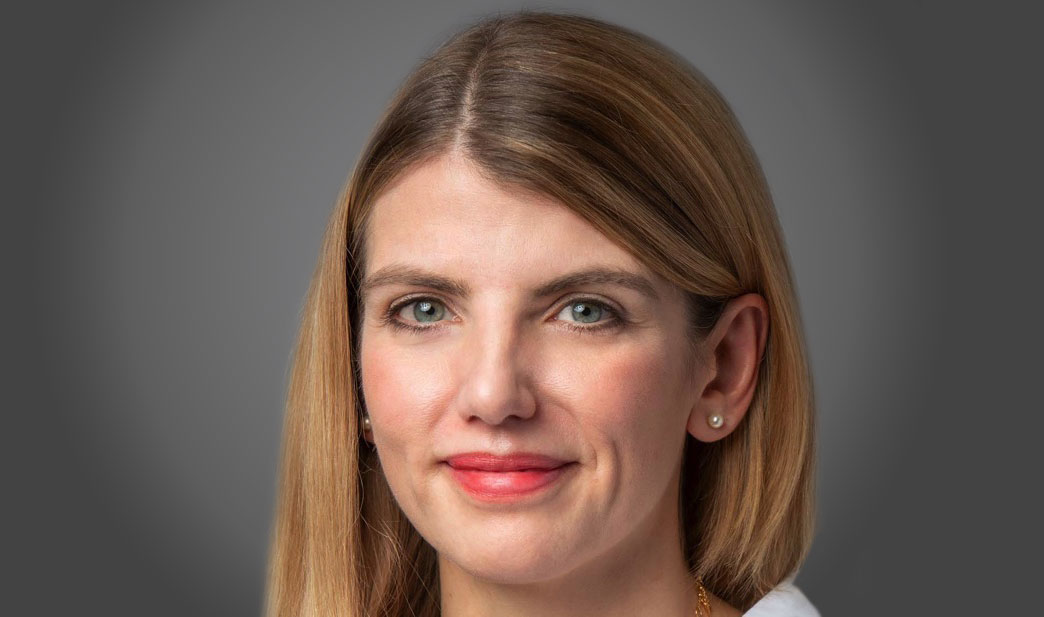
Tamsin Berry
Tamsin has extensive experience in government and expertise in public policy. As the former Director of the UK government’s Office for Life Sciences she worked with Sir John Bell to write the UK’s Life Sciences Industrial Strategy, which led to £3 billion of investment into UK biotech across a number of public and private partnership projects.
During a successful career as a senior civil servant Tamsin held a number of leadership positions in government, spanning policy, corporate and communications roles including at the Cabinet Office, Department of Health and Public Health England. She began her career in consultancy at Accenture.
Initially studying law at Nottingham University, Tamsin also holds a Masters in Philosophy from the University of Leeds and was a Science and Policy Fellow at the University of Cambridge.

Tamsin Berry
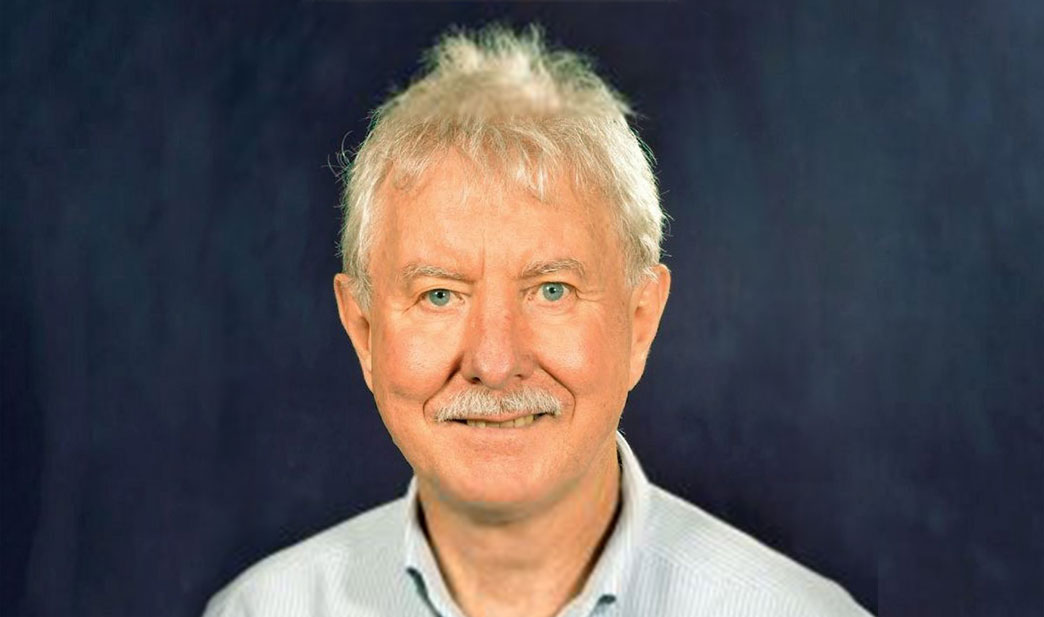
Professor Derrick Crook
Professor Derrick Crook MBBCh, FRCP, FRCPath is Professor of Microbiology, Nuffield Department of Medicine, University of Oxford and Infectious Diseases Physician, Oxford University Hospitals NHS Trust.
He studied Medicine at the University of Witwatersrand, Johannesburg, South Africa; obtained the Diploma of Tropical Medicine (London), specialised in internal medicine at the University of Virginia, Charlottesville, USA, and completed a fellowship in infectious diseases at the Tufts New England Medical Center, Boston, USA. He obtained his US boards in both internal medicine and infectious diseases.
Professor Crook trained in clinical microbiology at the John Radcliffe Hospital Oxford and obtained both his FRCP and FRCPath. After five years as director of the National Infection Service, he stood down in 2019. He is a practising clinical microbiologist and infectious diseases physician at the Oxford University Hospitals NHS Trust.
He is co-director of the Oxford Biomedical Research, Infection Theme, and leads a large research consortium, Modernising Medical Microbiology, which focuses on translating whole pathogen sequencing into routine clinical and public health practice. Professor Crook is the principal investigator of a large 20-country international research programme, CRyPTIC, which aims to comprehensively describe the genomic variation that confers anti-tuberculosis drug resistance.

Professor Derrick Crook
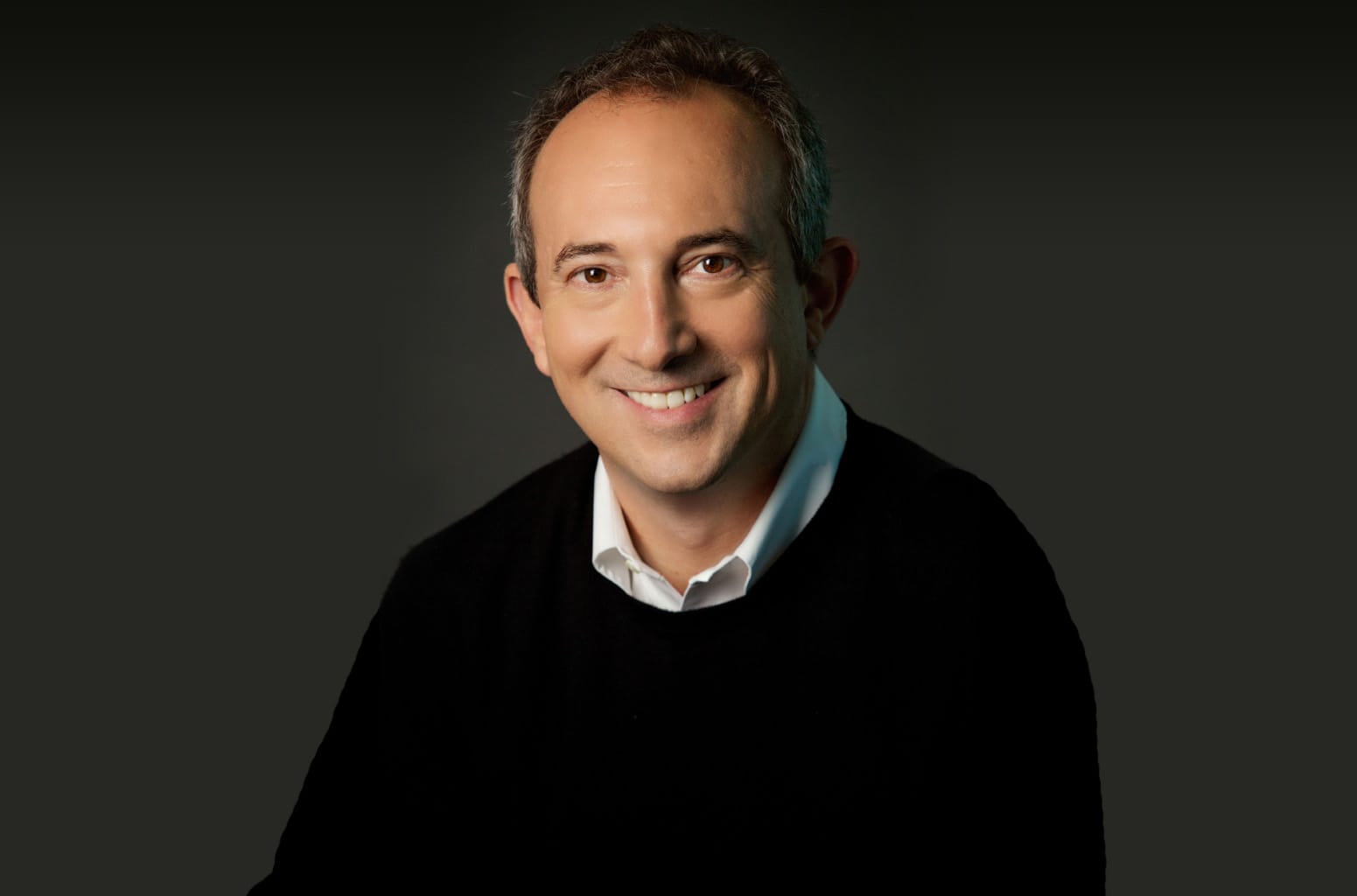
Dr. David Agus
Dr. David B. Agus is a professor of medicine and engineering at the University of Southern California Keck School of Medicine and Viterbi School of Engineering, and the founding director and CEO of the Lawrence J. Ellison Institute for Transformative Medicine. He is one of the world’s leading physicians and the co-founder of several pioneering personalised medicine companies.
A medical oncologist, Dr. Agus leads a multidisciplinary team of researchers dedicated to the development and use of technologies to guide doctors in making healthcare decisions tailored to individual needs. An international leader in new technologies and approaches for personalised healthcare, Dr. Agus serves in leadership roles at the World Economic Forum and the Global Health Security Consortium. He is also a CBS News contributor. Dr. Agus’ three books “The End of Illness”, “A Short Guide to a Long Life” and “The Lucky Years: How to Thrive in the Brave New World of Health” are all New York Times and international bestsellers. He is a recipient of the Ellis Island Medal of Honor.
After earning his BA from Princeton University and medical degree from the University of Pennsylvania School of Medicine, he completed his medical residency training at Johns Hopkins Hospital, a research fellowship at the National Institutes of Health, and an oncology fellowship at the Memorial Sloan-Kettering Cancer Center.
He is presently working on his fourth book, tentatively called “Deep into Nature: What We Can Learn from the Tree of Life”.

Dr. David Agus
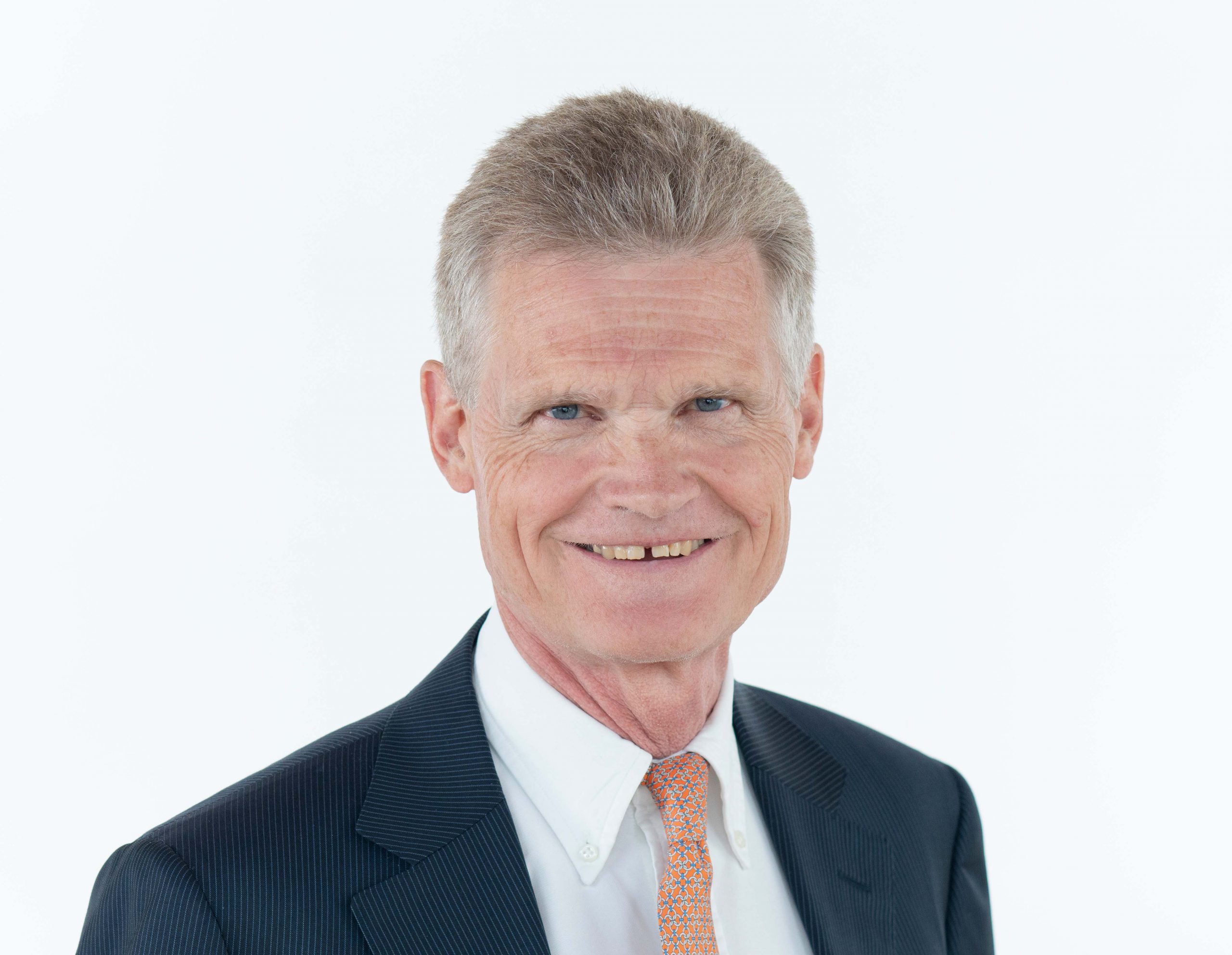
Professor Sir John Bell
Professor Sir John Bell GBE, FRS is Regius Professor of Medicine at the University of Oxford. He served as President of the Academy of Medical Sciences from 2006 to 2011 and chaired the Office for the Strategic Coordination of Health Research until 2017. As a Rhodes Scholar (1975-78), Sir John undertook his medical training in the UK and then went on to Stanford University, returning to the UK in 1987.
His research interests are in the area of autoimmune disease and immunology where he has contributed to the understanding of immune activation in a range of autoimmune diseases. In 1993, he founded the Wellcome Trust Centre for Human Genetics, one of the world’s leading centres for complex trait common disease genetics.
Sir John holds numerous non-executive directorships. In 2008 he joined the Gates Foundation Global Health Advisory Board which he has chaired since 2012; he is Chair of the Rhodes Trust; and he sits on the board of Genomics England Limited where he also chairs its Science Advisory Committee.
Sir John was appointed Knight Grand Cross of the Order of the British Empire (GBE) in the 2015 New Year Honours for services to medicine, medical research and the life science industry.
Sir John has held prominent roles during the Covid epidemic, enabling the development of the testing platforms for lateral flow tests and helping to initiate the PCR programme nationally as well as helping to manage the relationship with Astra Zeneca that produced the Oxford AZ vaccine.

Professor Sir John Bell
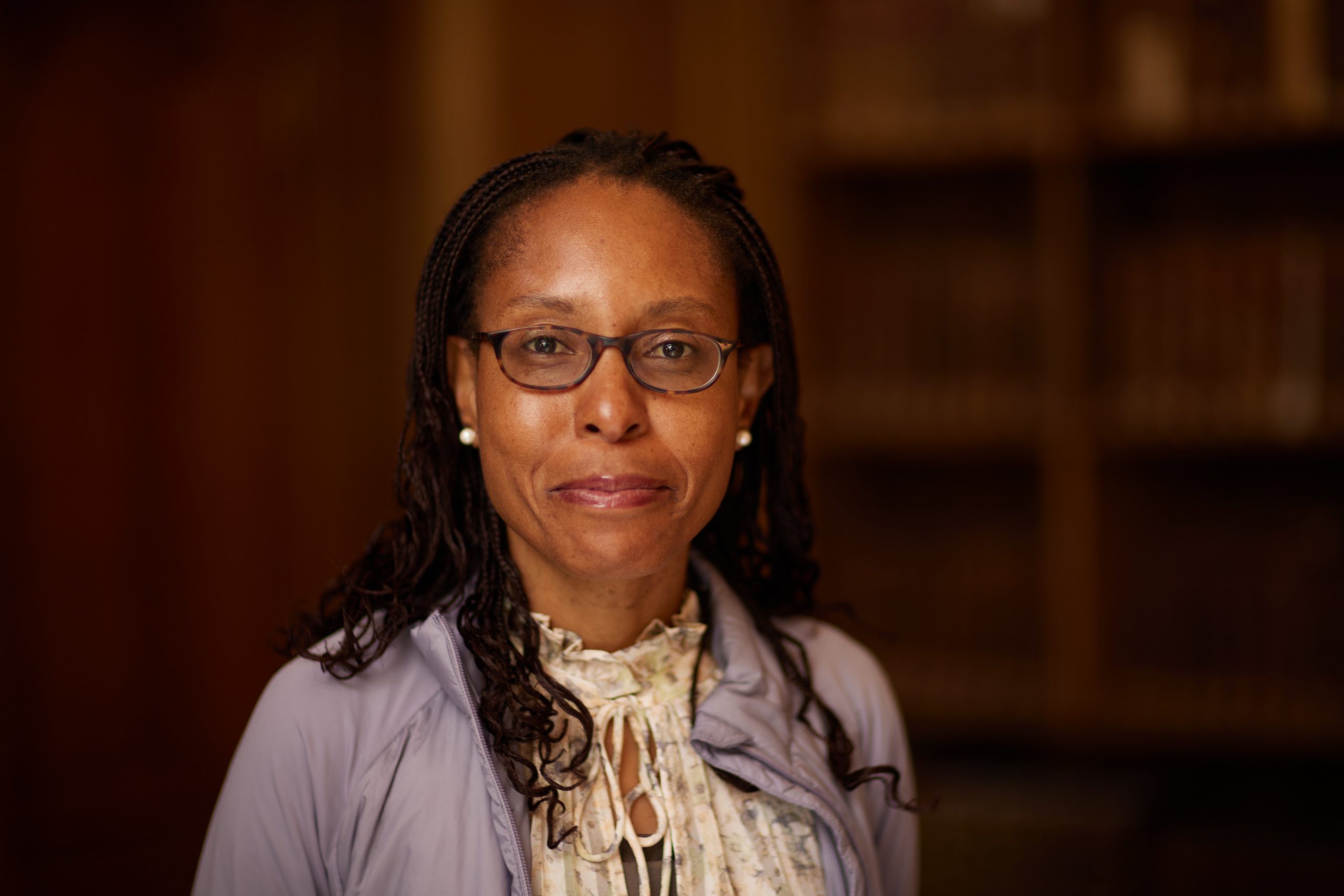
Tariro Makadzange
Highly respected by her peers across global health, academia, and the private sector, Tariro is an experienced academic researcher and public health leader.
As a Physician Scientist with an MD from Harvard Medical School and PhD (DPhil) in Immunology from the University of Oxford, her specialist clinical training is in Internal Medicine (University of Washington) and Infectious Diseases (Massachusetts General Hospital and Brigham and Women’s Hospital).
Tariro’s academic research has produced seminal work on the management of HIV. She has been engaged in the training and mentoring of HIV clinicians and researchers, and co-established one of the largest HIV treatment programs in Zimbabwe. She established a clinical research program conducting clinical research and multi-site implementation science research studies and basic immunology research.
After a career in academia, Tariro transitioned to the private sector, where she worked at Gilead Sciences in clinical development and discovery research. Her work spanned human studies of antibody therapeutics for HIV to late-stage small molecule trials, and she also led the HIV therapeutic vaccine programme with responsibility for establishing pre-clinical immunology, vaccine immunogen design capabilities, and overseeing project teams through to vaccine manufacturing and interactions with the regulatory agency. She also served as the Virology lead for the External Innovation program, reviewing investment and research partnership opportunities.
Recognising the need for expertise in pandemic responsiveness and clinical trials in Africa she established the Charles River Medical Group, a research organisation focused on diversifying research by including Africa and Africans in medical and public health research. The organisation conducts class clinical trials, public health and implementation science research and discovery research in infectious diseases.
